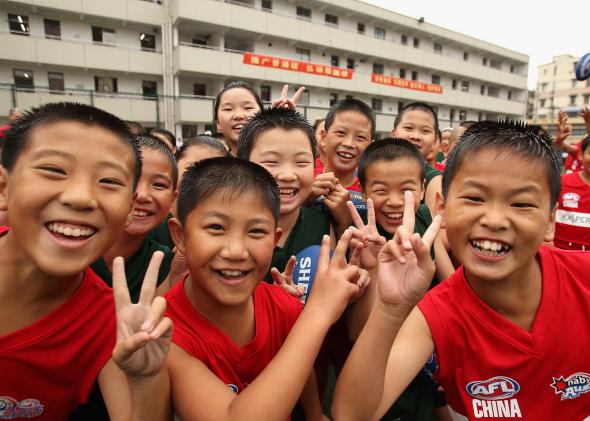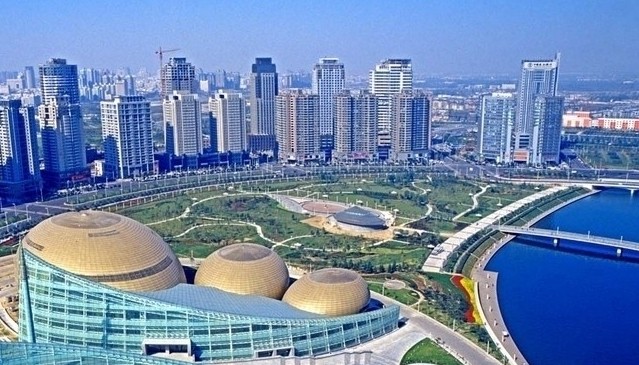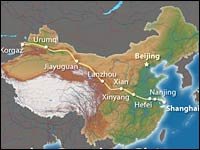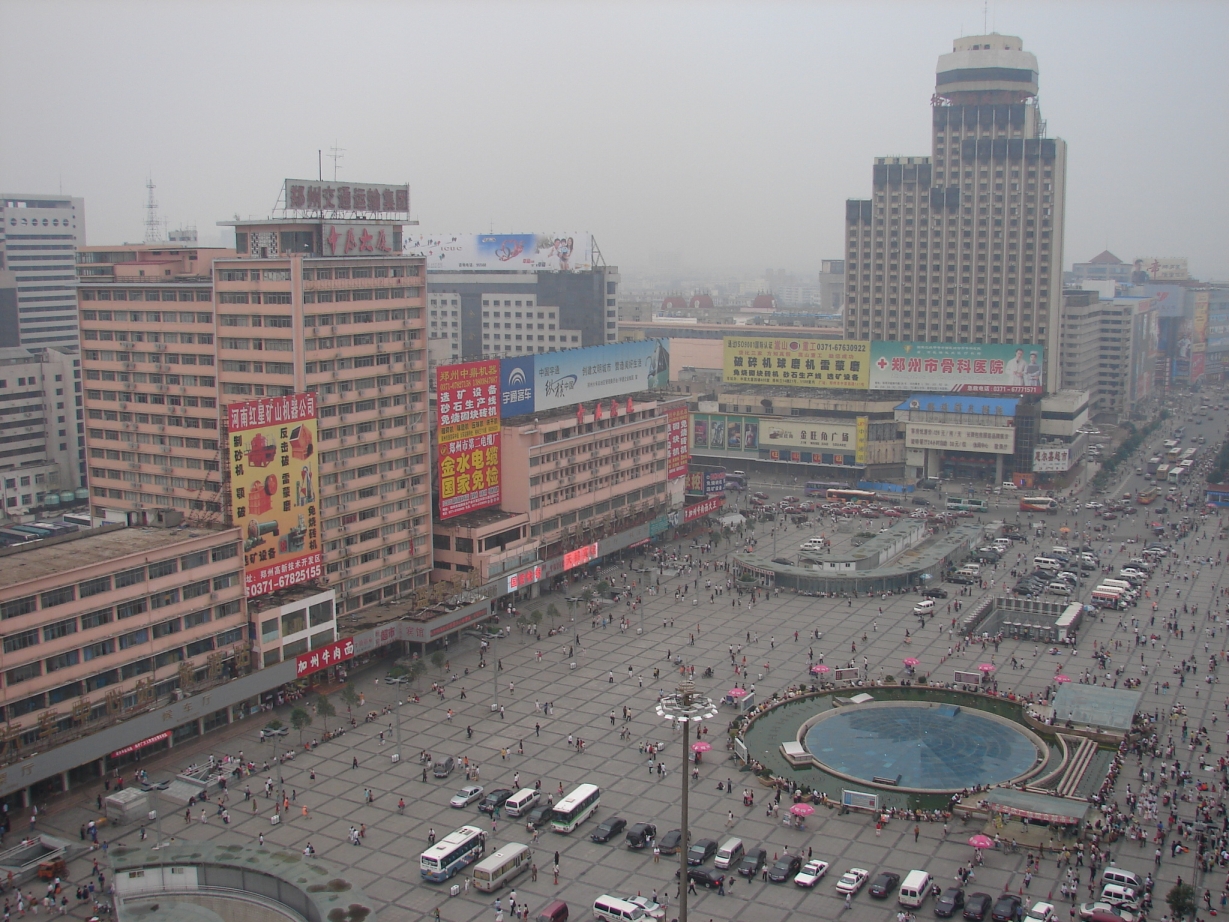A global study showing that Shanghai teenagers are the smartest in the world has led some to conclude that China is now an educational superpower. Don’t believe it.
Using Shanghai as a barometer for China is like saying the Upper East Side of Manhattan is a typical U.S. neighborhood.
Shanghai is the biggest, richest and most sophisticated city in mainland China. It has as much in common with Zhengzhou, the city where I teach, as New York does with Omaha.
***
Other Chinese provinces participated in the study, but results were only released for Shanghai and the two Special Administrative Regions, Hong Kong and Macau. Hong Kong was ranked third overall and Macau was sixth, though they are also far wealthier and better educated than the rest of China. (For more on why the study is misleading, see these stories from Time magazine and the Brookings Institution.)
I’m not saying that China hasn’t made great strides in education, or that it isn’t catching up to the U.S. and other Western countries. But judging from what I’ve seen in Zhengzhou, it still has a long way to go.
Chinese schools put too much emphasis on rote learning and testing, and too little on creative thinking and problem solving. I see this all the time with my English-language students at Henan University of Technology. They can memorize parts of speech and rules of grammar, but they can’t apply them when they talk or write. In fact, most of them can barely speak or write a legible paragraph in English.
***
Granted, this isn’t an elite school and most of my students come from Henan Province, one of China’s poorest areas. But they are more representative of the average Chinese student than the ones in Shanghai, where 84 percent of high-school graduates go to college, migrant students are kept out of the public-school system and teacher salaries are the highest in China.
While China may not be tops in education, neither is the U.S., which ranked 30th in math, 23rd in science and 20th in reading.




